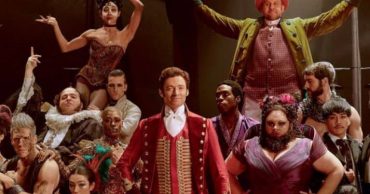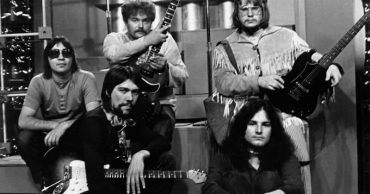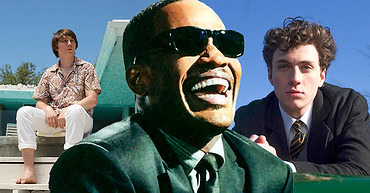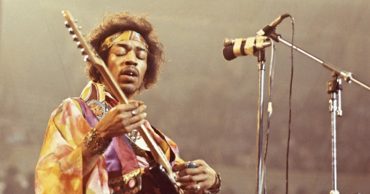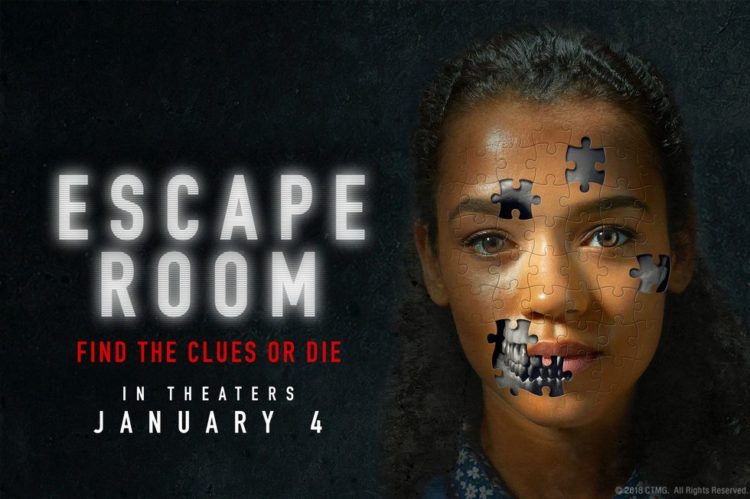
What starts out as a game to possibly win $10,000 quickly becomes anything but a game as the players begin to die off one by one. As the participants make their way through an intricate Minos Escape Room, their goal quickly becomes one thing, survival. This is the premise of Adam Robitel’s latest psychological horror/thriller, Escape Room, starring Deborah Ann Woll, Taylor Russell, Tyler Labine, Logan Miller, Jay Ellis, and Nik Dodani. Adding to the twist and turns is the original score by composers John Carey and Brian Tyler. We decided to speak with John in the below exclusive interview about constructing the score for the film.
-When you began work on Escape Room what was one of the first things you did?
The first thing Brian and I did was create a 4-minute main theme piece for the film that would represent Minos, the evil organization pulling all the strings. Part of the process of working on that theme involved us creating a palette of sounds that would be our sonic “library” for the rest of the movie. This was when we really leaned into creating a unique sonic universe for the film so that we would have a pretty strong direction to move in once we started working on the actual scenes. It was then that we decided that we wanted to take the approach of recording gritty, non-musical mechanical sounds and noises and implementing them musically and rhythmically to give the score a machine-like quality to mimic the machine nature of the escape rooms.
-What was one of your first initial impressions of Adam Robitel, the director, as a filmmaker?
Adam was a thrill to work with. He had lots of goals in mind for the movie and for the score, and he was great at relaying all of that to us while simultaneously giving us room to go to town and try out our own ideas. He trusts people and gives them space to be more creative. My favorite collaborations with directors is when there is that nice push/pull between the composer hitting the mark on what the director initially envisioned while still challenging them with creative decisions they might not have thought of initially.
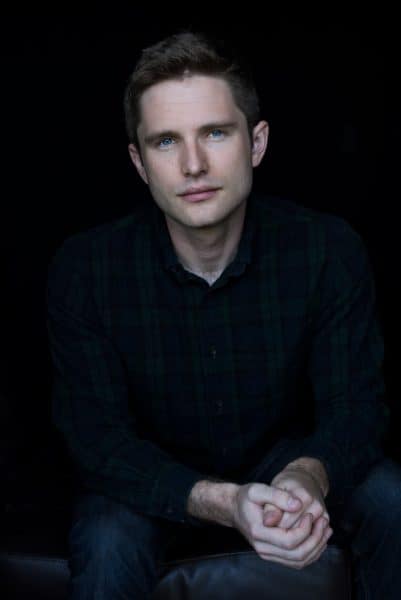
Composer John Carey
-You scored Escape Room alongside Brian Tyler. What is one thing Brian taught you while scoring the film? Did you teach him anything?
I’ve worked with Brian for a few years now, and I’m always learning things from him. With this film he taught me a lot of different tricks on producing an electronic score. Things like how to make your kick drum or bass elements sound huge and punchy, or how to add a bit more depth or ambience to your mix. With synth scores, so much of the emotional payload depends on having a great mix and well produced sounds. The quality or texture of a sound can have an emotional effect on somebody just as much as what the notes of the melody are, so in the realm of electronic music the possibilities for how something can sound are endless.
-What was the hardest scene in the film to score? Why?
The first escape room sequence was a huge challenge because the scene has such a huge dramatic arc in the span of 15 minutes. It starts out with the characters exploring the mysteries of a room without any knowledge of what is to come, to progressing all the way until they are trying to escape with their lives. So the musical arc has to follow along, and a big challenge there is to know how to pace yourself. If halfway through things are feeling a bit too intense, and yet the rest of the scene is going to get way more intense still, you have to scale back the weight of the music to give yourself that room later on to ramp up. It’s a great study on how pacing and timing can create huge tension for the audience.
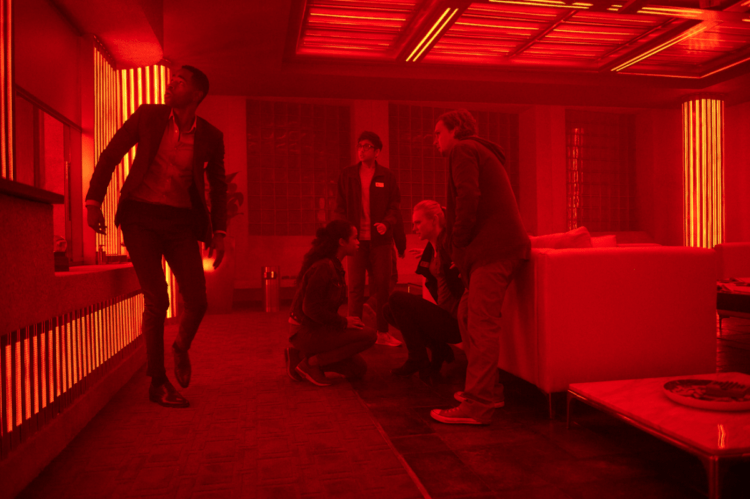
“Escape Room” still.
-Did you work with the film’s sound designers at all? If so, what did you work with them on?
We didn’t work with the sound designers, but we had their sound effects included in the cut of the film while we were scoring. Which is really helpful because the music and sound effects have to have a synergy with each other so that they aren’t both trying to compete with each other for volume.
-Was there a scene that sounded completely different when you first started working on it then transformed into something completely different?
That happened on the ending of the film with Zoe and Ben. Without giving any spoilers away, the scene is setting up the story for a sequel. We scored the scene a bit too heroically at first, like the scene was making the audience feel both excited for the next movie and optimistic about the lead characters getting revenge. Adam felt that while we should keep the score exciting that we somehow needed to give the impression that Zoe and Ben were heading into the storm in the next film. It needed tension instead of optimism to give a sense that things are gonna be rough for them.The ending has so much more impact going with Adam’s direction.
-What type of film would be your dream project to score?
I’d love to score a big action or sci fi film with a huge orchestra. Think something like Star Wars or a Marvel film. Orchestral music is such a love of mine and is the biggest genre that got me into music and scoring in the first place. Even though every genre of film that I work on has its own unique challenges that draw me in, getting to write a big sweeping orchestral score is a huge goal of mine for the future. I’ve been lucky to be on Brian’s music team for a lot of films in this style, so I feel ready for when an opportunity of my own comes up.
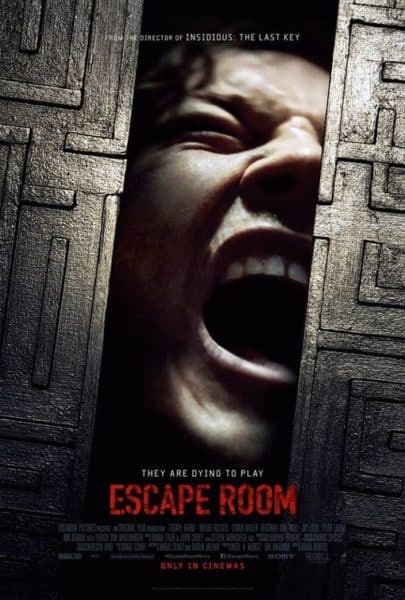
 Follow Us
Follow Us
